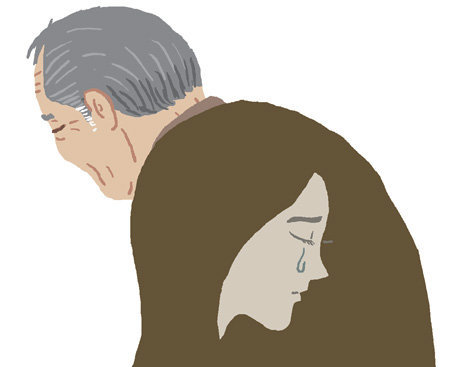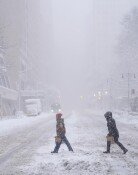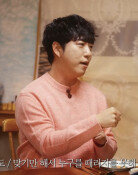You can always go back
You can always go back
Posted February. 09, 2022 08:00,
Updated February. 09, 2022 08:00

Children look always young before the eyes of their parents; they are adult children who still need to be cared. Author Shin Kyung-sook’s “I Had Gone to My Father” is a story about a father and daughter. On the surface, it is a moving and sad story about a father’s sacrifice, but at a deeper level, it is a story about a daughter, the narrator-writer, who receives comfort from her father. The two-tiered story structure is derived from the narrator’s trauma.
The narrator lost her daughter to a traffic accident. The kid ran toward her mother, calling her from the opposite side of the crosswalk, without looking right and left. To the narrator, losing her daughter was an experience, which amounted to her entire being “shattered on the rock,” as suggested by Carl Jung’s definition of trauma. The narrator felt as if “her backbone was cracked by despair.” She was left in such misery for the past six years.
The narrator’s father held his tongue out of concern that his words may further hurt his daughter. He got sick and suffered from a severe sleep disorder. Worrying that he might fall into complete oblivion, he told his daughter, “Life is not always about going forward. If you look back and feel that the past was better, you can go back.” The world forces upon the virtue of shrugging off the past and moving forward, but the father encourages his daughter to go back to the past if the past was happier. Yet he reassures that she must brush aside her excessive obsession over ill-fated moments, saying that such obsession would not only hurt her but cling on to her dead child so that the kid cannot leave for the afterlife. “Don’t cling on to it, and just let it pass.”
The father cries inside and the daughter cries inside. The daughter records her father’s words in writing. “Even though every day may feel like death, but different time would eventually come.” She also keeps his dying wish in writing: “When you walk at night, I will sit on your left shoulder. So don’t be afraid.” The daughter slowly moves out of the despair, using her father’s words as a grain of wheat. As the author says, life carries on “even where everything seems to have come to an end.”







